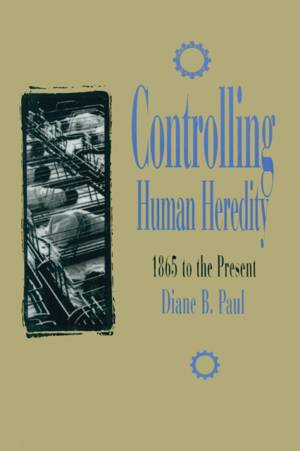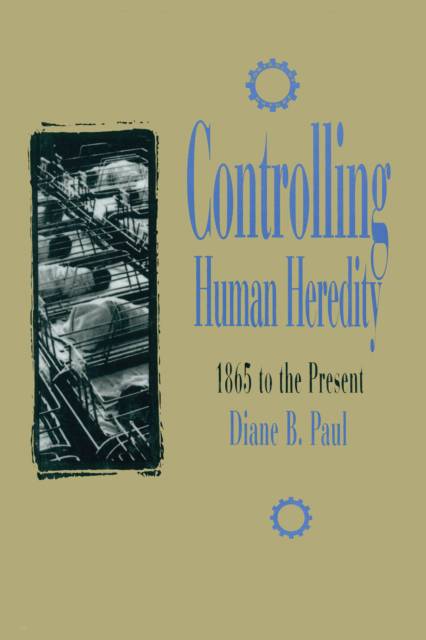
- Afhalen na 1 uur in een winkel met voorraad
- Gratis thuislevering in België vanaf € 30
- Ruim aanbod met 7 miljoen producten
- Afhalen na 1 uur in een winkel met voorraad
- Gratis thuislevering in België vanaf € 30
- Ruim aanbod met 7 miljoen producten
Zoeken
Omschrijving
In the late nineteenth and the early twentieth century, it was widely assumed that society ought to foster the breeding of those who possessed favorable traits and discourage the breeding of those who did not. Controlled human breeding, or "eugenics" as it was called, was a movement with broad support that lasted into the 1930s. In this concise historical account, the author answers the questions of why eugenics, the search for means to propagate only "good genes," was so attractive earlier in the twentieth century, why it then fell into disrepute, and whether it has returned today in the new guise of genetic counseling.
Specificaties
Betrokkenen
- Auteur(s):
- Uitgeverij:
Inhoud
- Aantal bladzijden:
- 170
- Taal:
- Engels
Eigenschappen
- Productcode (EAN):
- 9781573923439
- Verschijningsdatum:
- 1/11/1995
- Uitvoering:
- Paperback
- Formaat:
- Trade paperback (VS)
- Afmetingen:
- 154 mm x 229 mm
- Gewicht:
- 272 g

Alleen bij Standaard Boekhandel
+ 94 punten op je klantenkaart van Standaard Boekhandel
Beoordelingen
We publiceren alleen reviews die voldoen aan de voorwaarden voor reviews. Bekijk onze voorwaarden voor reviews.








